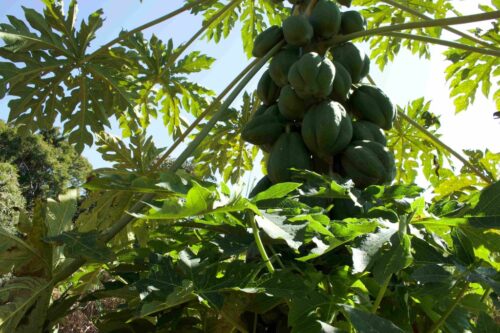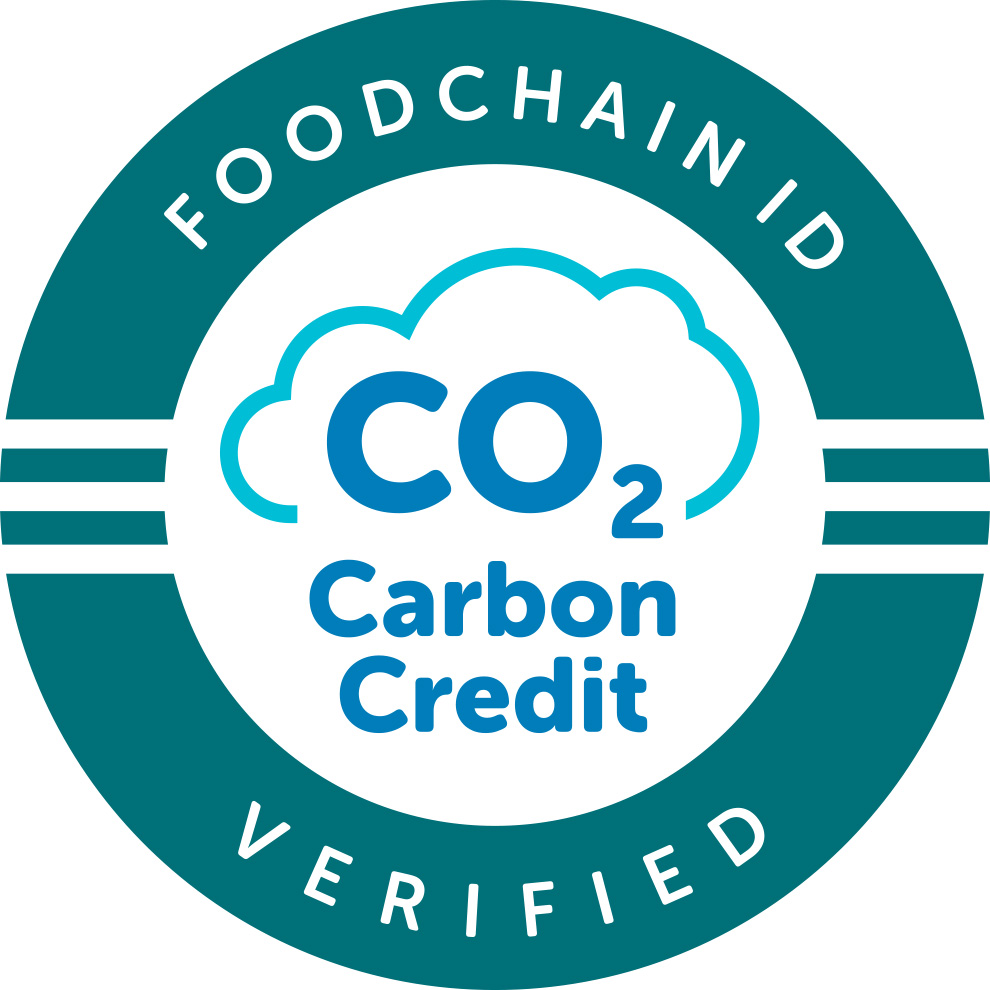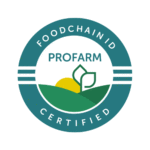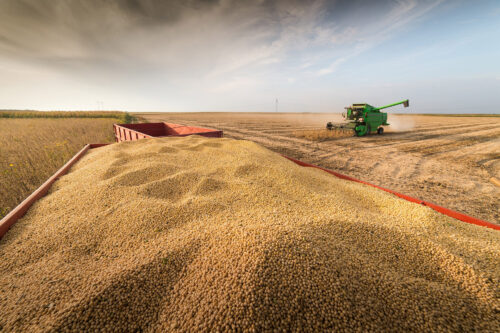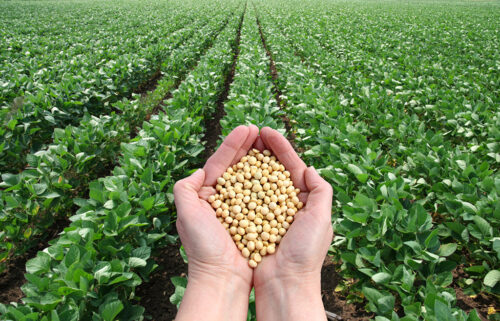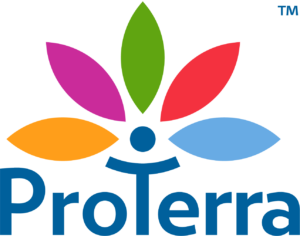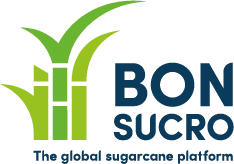
Sobre a Certificação
Bonsucro é uma iniciativa global multi-stakeholder dedicada a reduzir os impactos ambientais e sociais da produção de cana-de-açúcar, sem deixar de levar em conta a necessidade de viabilidade econômica.O objetivo do Bonsucro é trazer a produção de cana-de-açúcar e seus produtos a um nível de excelência, apoiando e ajudando produtores e empresas a melhorarem sua performance pelo aprimoramento contínuo do setor.
A FoodChain ID foi o primeiro organismo de certificação aprovado pela Bonsucro, trabalhando com a iniciativa Bonsucro desde o seu início, contribuindo para o desenvolvimento do Padrão de Produção e os aspectos relacionados às regras de certificação.
Visão Geral Bonsucro
A Bonsucro desenvolveu um conjunto de princípios, critérios e indicadores usados para avaliar a conformidade da cadeia de fornecimento de cana-de-açúcar e seus produtos em todo o mundo. O Padrão de Produção Bonsucro é o primeiro padrão global de cana-de-açúcar.
A certificação de Produção é concedida à usina de açúcar e etanol, mas a avaliação inclui auditoria da usina e da área agrícola fornecedora de cana. Os operadores econômicos depois da usina, como refinarias, portos, armazéns e traders, que desejem fazer reivindicações de sustentabilidade sobre produtos certificados Bonsucro, devem ser certificados pelo Padrão Bonsucro de Cadeia de Custódia.
Somente organismos de certificação aprovados pelo Bonsucro podem conceder a certificação, através da realização de auditorias feitas por auditores qualificados. A FoodChain ID Certificação foi o primeiro organismo de certificação a ser aprovado pelo Bonsucro, e trabalha com a iniciativa Bonsucro desde o início, tendo participado no desenvolvimento do Padrão de Produção e nos aspectos relativos às regras de certificação. A FoodChain ID Certificação realizou auditorias piloto nas versões 1 e 2 do Padrão de Produção no Brasil, Colômbia, República Dominicana, África do Sul, Austrália e Índia, totalizando 14 auditorias piloto em 14 usinas e 39 fazendas produtoras de cana.
Atualmente, a FoodChain ID Certificação atua em diversos países do mundo, com clientes certificados Bonsucro no Brasil, República Dominicana, Austrália e Tailândia, além de pré-auditorias em outros países.
Pré-Auditoria
O principal objetivo da pré-auditoria é proporcionar à usina e sua área de fornecimento de cana uma avaliação independente sobre o nível de conformidade na implementação dos requisitos dos padrões de certificação Bonsucro.
Nas pré-auditorias, a usina pode escolher o escopo que deseja avaliar, e a FoodChain ID Certificação emite um relatório com os resultados de acordo com o escopo avaliado.
Auditoria de Certificação
O serviço de certificação envolve auditoria da usina e de uma amostra representativa da área total de fornecimento de cana incluída no escopo da certificação. A usina é auditada contra o Padrão de Produção Bonsucro e o Padrão de Cadeia de Custódia de Balanço de Massa Bonsucro. A área de fornecimento de cana é auditada apenas no Padrão de Produção Bonsucro, como parte da avaliação da usina.
Em ambos os padrões Bonsucro o cliente tem a opção de incluir no seu escopo de certificação os requisitos adicionais Bonsucro EU RED, para conformidade com a EU RED.
Certificação BONSUCRO – Sustentabilidade que Transforma
Seja parte da mudança rumo a um mundo mais sustentável!
Na busca por um futuro ambientalmente responsável, a Certificação BONSUCRO se destaca como um selo de qualidade globalmente reconhecido na produção de açúcar e etanol. Se você valoriza práticas agrícolas responsáveis, sustentabilidade e impacto positivo, nossa certificação é o passo certo em direção a um planeta mais verde.
Por que escolher a Certificação BONSUCRO?
Compromisso com a Sustentabilidade: Nossa certificação atesta a adoção de práticas agrícolas ecologicamente corretas, reduzindo impactos ambientais e promovendo o bem-estar das comunidades envolvidas.
Reconhecimento Global: O selo BONSUCRO é reconhecido internacionalmente como símbolo de excelência em produção sustentável. Ele abre portas para mercados conscientes e consumidores que buscam produtos alinhados com valores éticos.
Transparência na Cadeia Produtiva: A Certificação BONSUCRO proporciona rastreabilidade, permitindo que você e seus clientes conheçam a origem dos produtos, fortalecendo a confiança e a autenticidade.
Benefícios de Adotar a Certificação BONSUCRO
- Diferenciação Competitiva: Destaque-se em um mercado cada vez mais focado na sustentabilidade, atraindo consumidores que buscam produtos com impacto positivo.
- Acesso a Novos Mercados: Com o selo BONSUCRO, você estará preparado para explorar novas oportunidades em mercados que valorizam a produção responsável.
- Parceria em Sustentabilidade: Ao se tornar parte da comunidade BONSUCRO, você estará conectado a uma rede global de organizações comprometidas com a mudança positiva.
- Contribuição para o Futuro: Ao adotar práticas sustentáveis, você estará contribuindo para a preservação do meio ambiente, o desenvolvimento social e econômico das regiões produtoras.
Faça Parte da Revolução Sustentável
Unir-se à Certificação BONSUCRO é mais do que um selo em um produto; é um compromisso com um futuro melhor para o nosso planeta e para as gerações futuras. Entre em contato conosco para saber mais sobre como você pode adotar práticas de produção responsável e conquistar a certificação que faz a diferença.
Junte-se a nós na jornada rumo a um mundo mais verde e sustentável!

